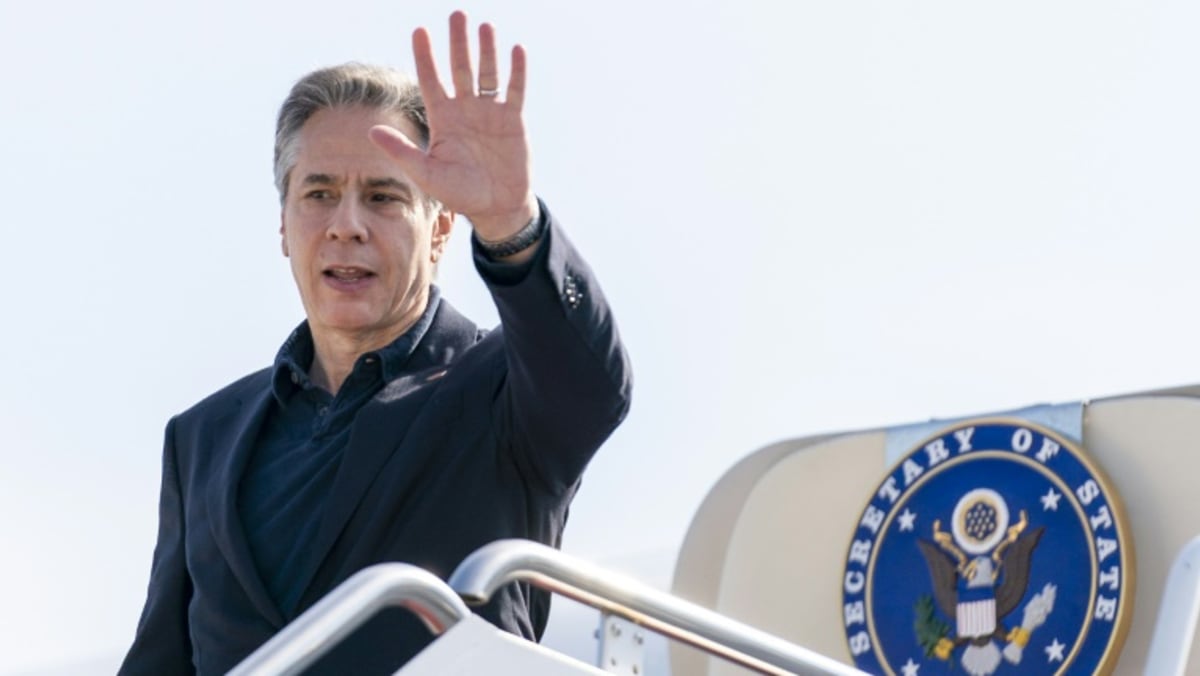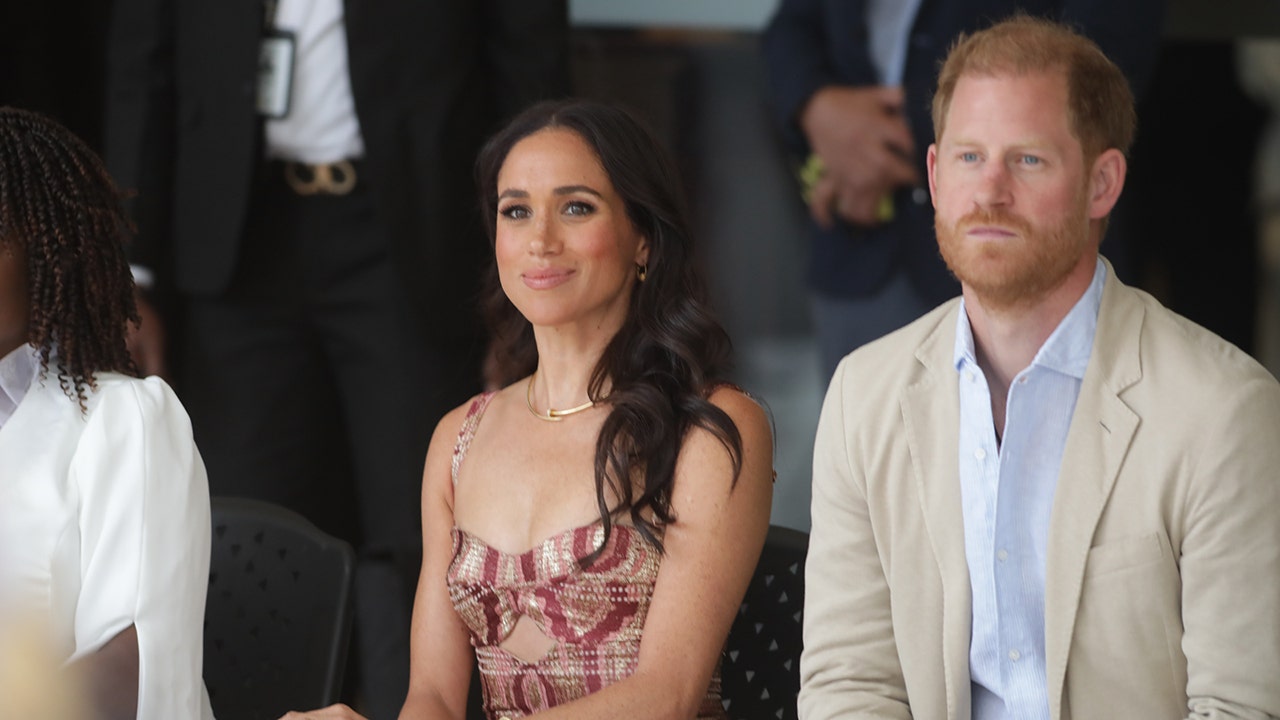PRETORIA: The United States is seeking a “true partnership” with Africa and not trying to “outdo” other world powers in vying for influence on the continent, US Secretary of State Antony Blinken said on Monday (Aug 8).
Blinken outlined the US government’s new Africa strategy as he visited South Africa in the first stop of a three-nation trip to the continent.
The visit followed hot on the heels of an extensive African tour by Russian Foreign Minister Sergei Lavrov.
Yet Blinken said the United States did not see the region as the “latest playing field in a competition between great powers”.
“Our commitment to a stronger partnership with Africa is not about trying to outdo anyone else,” the top US diplomat told a press briefing in the capital, Pretoria, alongside his South African counterpart Naledi Pandor.
South Africa, a leader in the developing world, has remained neutral in the Ukraine war.
Pretoria has refused to join Western calls to condemn Moscow, which had opposed apartheid before the end of white-minority rule in 1994.
Pandor said no one in South Africa supported war and described Russia as a “negligible economic partner” but added she was glad the United States was not asking her country to take sides.
However, there had been “a sense of patronising bullying” from other partners in Europe and elsewhere, she said.
“We should be equally concerned at what is happening to the people of Palestine, as we are with what is happening to the people of Ukraine,” she said, referring to a flare-up in fighting in Gaza.
NEW AFRICA POLICY
Later on Monday, in a lecture at the University of Pretoria, Blinken laid out the new US strategy for sub-Saharan Africa, which he said focused on four priorities – fostering “openness” and democracy, pursuing economic development, and tackling global warming.
The United States and African nations needed to work together as “equal partners” to address those issues, he said.
“Too often, African nations have been treated as instruments of other nations’ progress, rather than the authors of their own,” he said.
“The United States will not dictate Africa’s choices, neither should anyone else. The right to make these choices belongs to Africans, and Africans alone.”
The new strategy was announced at the end of an extended policy review by President Joe Biden’s administration.
Some critics say a US focus on fighting extremist groups in Africa militarily has borne little fruit, even while China and Russia have made continued inroads by aggressively using diplomatic and economic tools.
A policy paper outlining the new strategy argued that a push for greater openness and democracy in sub-Saharan Africa would help “counter harmful activities” by China, Russia and other actors.
“The poor governance, exclusion and corruption inherent to weak democracies makes them more vulnerable to extremist movements, as well as to foreign interference,” Blinken said in Pretoria.
“That includes the Kremlin-backed Wagner, which exploits instability to pillage resources, and commit abuses with impunity,” he said referring to the shadowy Russian mercenary organisation, which operates in African countries including Mali and the Central African Republic.
“OPEN SEASON”
Blinken outlined a series of initiatives including investments in agriculture and renewable power plants.
The United States has been funding the projects to help African economies seek a clean energy transition and cope with the fallout from COVID-19 and the war in Ukraine, which has sent fuel and food prices soaring.
“What we seek most of all is a true partnership between the United States and Africa. We don’t want an imbalanced or transactional relationship,” Blinken told the press briefing.
His remarks came after Russian President Vladimir Putin in June urged BRICS countries – Brazil, Russia, India, China and South Africa – to cooperate in the face of “selfish actions” from the West.
Commenting on Russia’s invasion of Ukraine, he said the United States did not seek conflict anywhere but that it was important to stand up to challenges to the international order.
“If we allow a big country to bully a smaller one, to simply invade and take its territory, then it’s going to be open season, not just in Europe, but around the world,” he said.





















Discussion about this post